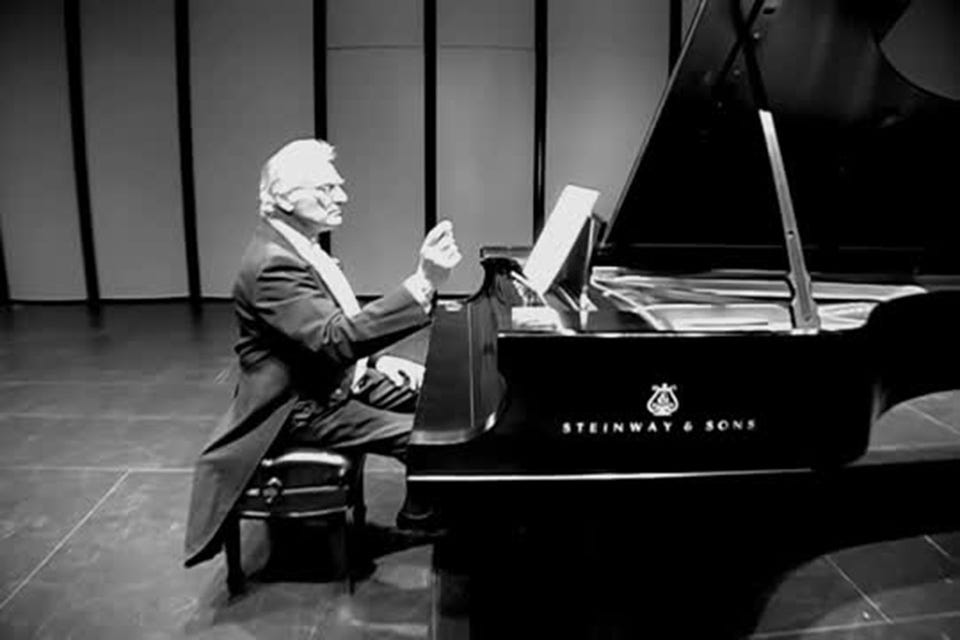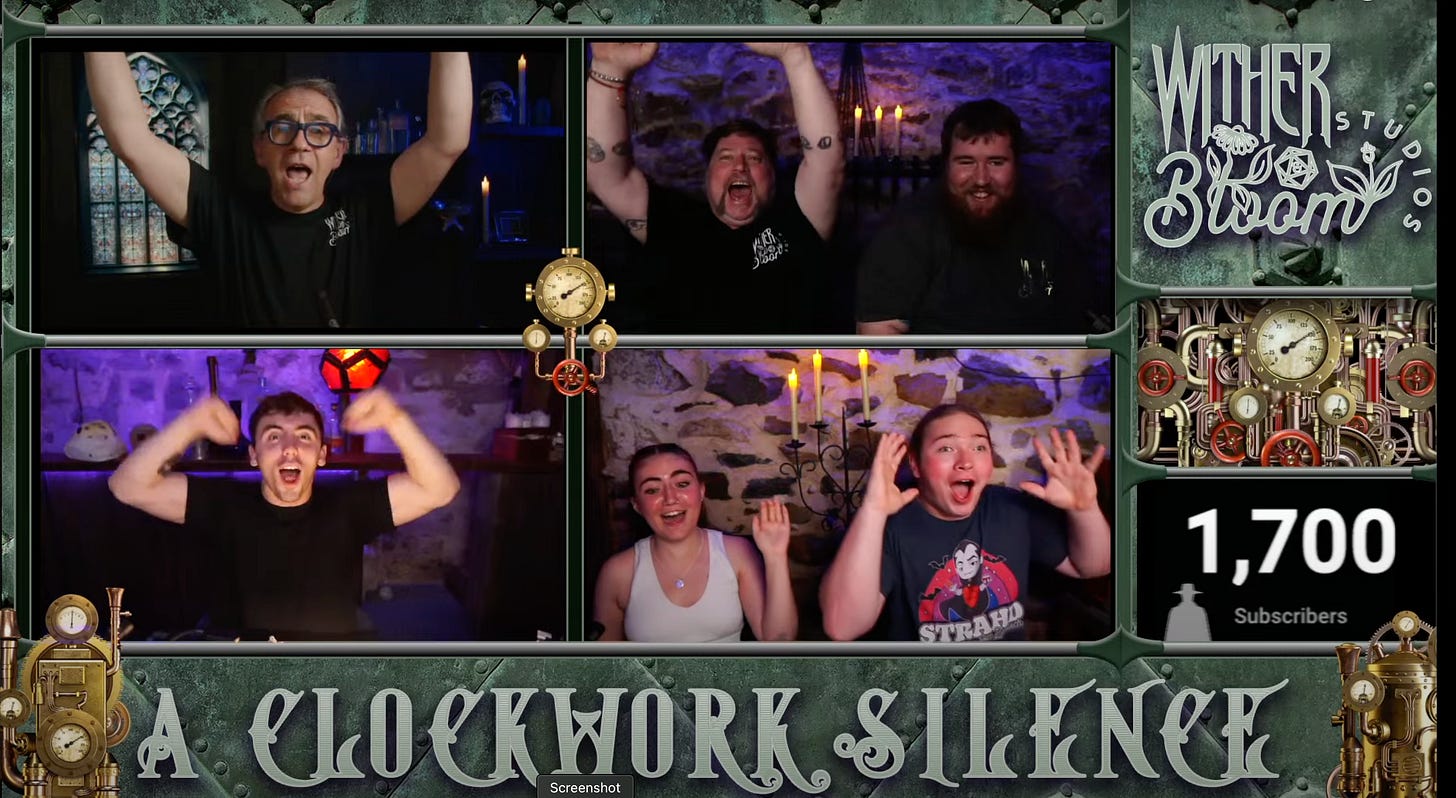When a Game Master works with a table of players on how an upcoming campaign will unfold, sometimes called a session zero, there are opportunities to set some expectations and have real success. These sessions are typically templated to some degree, with necessary steps that once you’ve been through it a few times, you know what’s coming. You get to know your players enough to know what is expected. What is allowed and what is forbidden. I had a moment of clarity during our most recent session zero that seemed like it came out of nowhere, and to some degree, it did.
I like to think of these gaming situations as more of a creative practice through gaming. A game is a “voluntary attempt to overcome unnecessary obstacles” - as stated by philosopher, Bernard Suits. This broad definition creates a very rich space to place what can be a game.
Composer John Cage was most known for how chance operations (a game of sorts) can create unknown outcomes that can become music. He is a prime example of how a creative practice can be realized through rolls of dice and a voluntary acceptance of the outcomes. Cage’s famous piano composition “4’33” is a perfect example. In the work, the pianist comes out on stage, seats himself, sets a timer, opens the cover on the keyboard and then sits in silence, playing nothing. The first movement ends, he stops the timer and does this two more times. In the work, the piano itself is not played in the traditional sense.
This of course created enormous controversy and prompted endless questions about the ultra-minimalist piece when Cage was interviewed. Cage would talk about how the “composition” was created in the silence. The shift of a person in their chair in the audience, the occasional cough or clearing of the throat that always inject themselves into a live production somewhere. These random events were allowed to and expected to become the work. I think if Cage were to hear a cell phone ring in an audience (one of the most objectionable things one could do at a serious stage performance) he would be delighted. Cage wanted the unexpected things that lie outside of the limited parameters of the piano itself, to be considered.
This brings me back to games and particularly table top role playing games as a place where the unexpected and the chance rolls of dice create scenarios that would not otherwise emerge within the limited confines of traditional storytelling. We do however, still hold onto some of the rules in that we look to create story arcs, we look to develop characters, we seek a conclusion. We are not leaving the development of our composition entirely to random, chance operations.
What both situations do embrace however is a trust in the process. The process is the instrument we play. If we play a ukulele our outcomes have different limitations than if we play a Moog synthesizer. Setting the process up in such a way that we agree to trust it is the key. Cage was entirely about process and an openness to what that process delivered. In the table top role playing world, the parameters of the process must be clear, accepted and then practiced.
In my case that night that we were laying down these parameters and setting expectations, I said the following and I will paraphraze here: “I think everyone needs to trust that even though as Game Master I play the part of your adversary, I am not playing against you. My desires for this experience are to have a story develop. Your decision making during a game does not hinge on life or death… do not labor for too long over whether right or left is the correct decision… know that either way, we push towards an outcome that creates the story. A game like chess, a wrong move results in a loss. We are not looking to win or lose this game we play. We are looking to create something unknown. Don’t labor too long over decisions. Be more fluid. Remain in the moment, immersed in the imaginative space.”
As Game Masters we need to embrace this more. Table top role playing games have evolved from chess. (yes, I can draw that line for you in another article) But one of the biggest ways they have evolved is that there is no winner and loser. That two-sided outcome (three if you count a draw) is far too limited for the space we create these stories in. So give your players a space that they can trust the process in. Allow them to adventure with risks of failure where failure makes for a great story. Game on.






